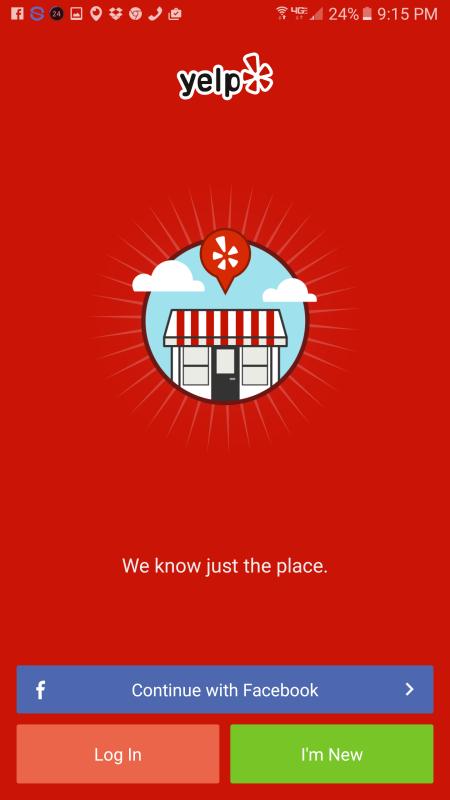Is Yelp a Ripoff? A Look at the Criticisms and Controversies
Yelp, the popular review site, has transformed how consumers discover local businesses, from restaurants to salons to repair shops. With millions of users, Yelp has become a go-to resource for anyone looking to gauge the quality of a business through crowdsourced reviews. However, Yelp has also faced criticism and accusations of being a "ripoff" from various quarters—business owners, reviewers, and even customers. So, why do some people feel that Yelp isn’t the helpful community it claims to be?
Allegations of Manipulative Advertising Practices
One of the most common complaints against Yelp is its alleged manipulative advertising practices. Small business owners have frequently accused Yelp of strong-arming them into purchasing advertising packages by subtly implying that it could improve their review visibility. There have been claims that Yelp representatives hint or suggest that paying for advertising could result in favorable reviews being prioritized over less favorable ones. Although Yelp denies these allegations and asserts that review sorting is strictly algorithm-driven, many business owners believe that Yelp's advertising system creates a "pay-to-play" culture that favors businesses with larger budgets.
The Issue of “Filtered” Reviews
Yelp uses a proprietary algorithm to "filter" reviews, aiming to weed out those that might be biased, unhelpful, or fraudulent. In theory, this sounds like a good idea. However, many business owners argue that Yelp’s filtering system is opaque and often unfair, burying legitimate positive reviews while allowing negative ones to stand. The algorithm’s design remains secret, leading to suspicions that it selectively filters reviews based on a business’s advertising spend. If a business declines Yelp's advertising services, they may find their positive reviews filtered more aggressively, which can negatively impact their star rating.
Questionable Reviewer Incentives
For regular Yelp users, the platform appears to offer an authentic space to share honest opinions. However, Yelp’s structure arguably incentivizes sensationalism. Yelp’s Elite Squad, a group of highly rated users who get special recognition and perks, often gives weight to reviews that stand out. This incentive structure can encourage more vocal or even exaggerated reviews, potentially skewing the accuracy of what is supposed to be an objective rating system. As a result, customers may receive an inflated or deflated impression of a business based on the motivation to earn more recognition on the platform.
Lawsuits and Negative Publicity
Yelp’s credibility has also taken a hit from multiple lawsuits filed by businesses alleging defamation and unfair business practices. In 2014, a landmark case reached the Ninth Circuit Court of Appeals, where business owners argued that Yelp’s alleged manipulation of reviews constituted extortion. However, Yelp won the case, with the court stating that Yelp’s practices, though “hard bargaining,” were legally sound. Although Yelp prevailed legally, the lawsuit brought negative attention and further cemented the view of some that Yelp’s business practices are unfair.
Impact on Businesses
Small businesses, in particular, may suffer from Yelp’s approach. Negative reviews—fair or not—can be devastating for a small business. If Yelp’s algorithm truly does filter reviews based on factors unknown to business owners, it can be challenging for them to accurately portray their business. Yelp insists that businesses can respond to reviews and use Yelp’s free tools to manage their reputation. However, when positive reviews are filtered, business owners may feel as though they are left defenseless against the effects of Yelp’s algorithm.
The Consumer Perspective
From a consumer standpoint, the controversy surrounding Yelp raises questions about the accuracy of the ratings they rely on. If reviews are allegedly manipulated based on ad spending, then Yelp may not be as transparent or trustworthy as it claims. While the average Yelp user may find the app convenient, they might also unknowingly be affected by these behind-the-scenes dynamics that shape their experience.
In conclusion, whether or not Yelp is truly a ripoff depends on perspective. For some businesses, Yelp’s practices feel like a coercive tactic. For consumers, the information may be slightly biased due to Yelp’s practices, raising doubts about the platform’s credibility.
https://hardworkpays.now.site


Comments